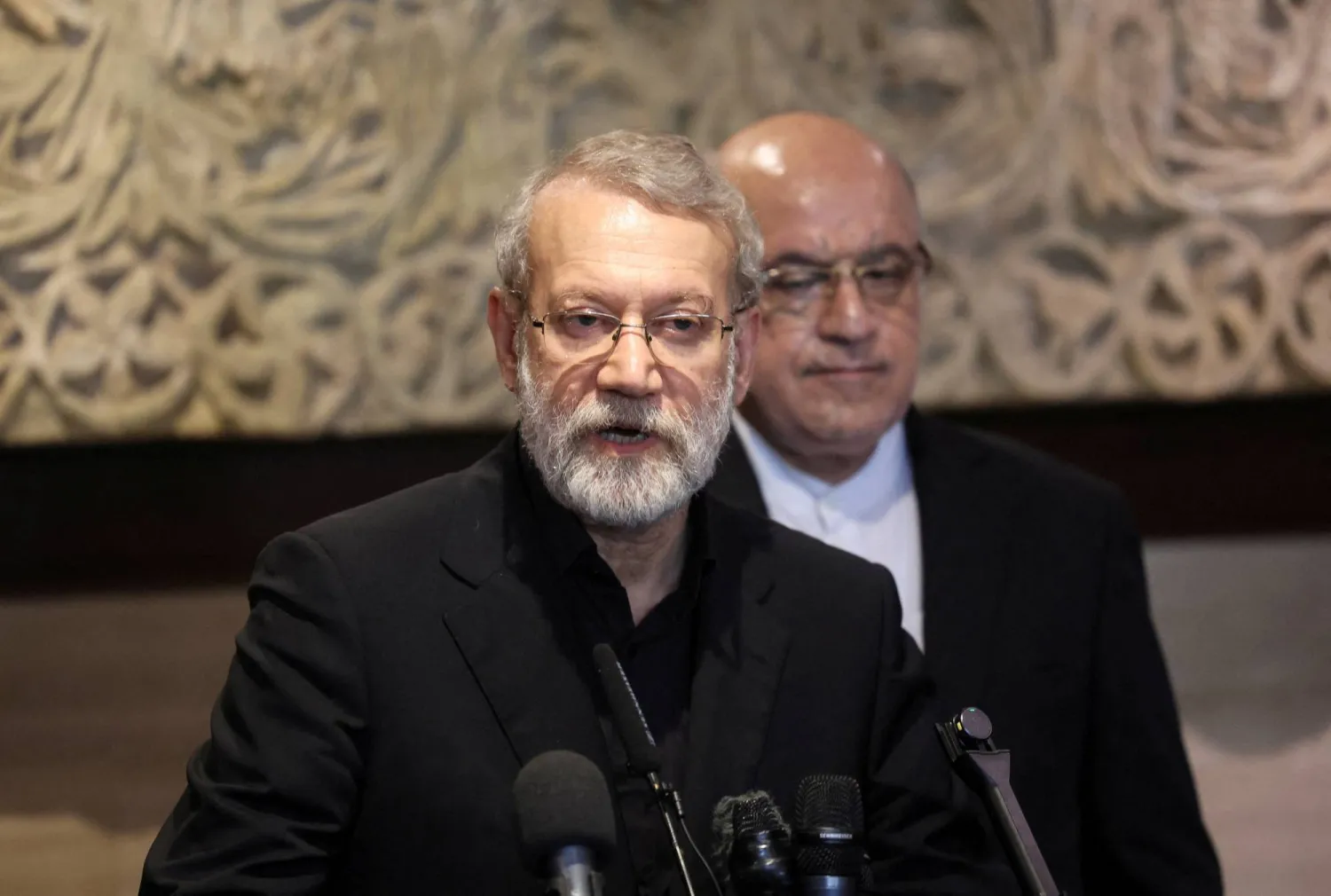Iran’s Guardian Council on Sunday approved the country’s hard-line parliament speaker and five others to run in the country’s June 28 presidential election following a helicopter crash that killed President Ebrahim Raisi and seven others.
The council again barred former President Mahmoud Ahmadinejad, a firebrand populist known for the crackdown that followed his disputed 2009 re-election, from running.
The council’s decision represents the starting gun for a shortened, two-week campaign to replace Raisi, a hard-line protege of Supreme Leader Ali Khamenei once floated as a possible successor for the 85-year-old cleric.
The selection of candidates approved by the Guardian Council, a panel of clerics and jurists ultimately overseen by Khamenei, suggests Iran’s Shiite theocracy hopes to ease the election through after recent votes saw record-low turnout and as tensions remain high over the country’s rapidly advancing nuclear program, as well as the Israel-Hamas war.
The Guardian Council also continued its streak of not accepting a woman or anyone calling for radical change to the country’s governance.
The campaign likely will include live, televised debates by the candidates on Iran’s state-run broadcaster. They also advertise on billboards and offer stump speeches to back their bids.
So far, none of them has offered any specifics, though all have promised a better economic situation for the country as it suffers from sanctions by the US and other Western nations over its nuclear program, which now enriches uranium closer than ever to weapons-grade levels.
Such matters of state remain the final decision of Khamenei, but presidents in the past have leaned either toward engagement or confrontation with the West over it.
The most prominent candidate remains Mohammed Bagher Qalibaf, 62, a former Tehran mayor with close ties to the country’s paramilitary Revolutionary Guard. However, many remember that Qalibaf, as a former Guard general, was part of a violent crackdown on Iranian university students in 1999. He also reportedly ordered live gunfire to be used against students in 2003 while serving as the country’s police chief.
Qalibaf ran unsuccessfully for president in 2005 and 2013. He withdrew from the 2017 presidential campaign to support Raisi in his first failed presidential bid. Raisi won the 2021 election, which had the lowest turnout ever for a presidential vote in Iran, after every major opponent found themselves disqualified.
Khamenei gave a speech last week alluding to qualities that Qalibaf’s supporters have highlighted as potentially signaling the supreme leader’s support for the speaker.
Yet Qalibaf’s role in crackdowns may be viewed differently after years of unrest that have gripped Iran, both over its ailing economy and the mass protests sparked by the 2022 death of Mahsa Amini, a young woman who died after being arrested for allegedly not wearing her headscarf, or hijab, to the liking of security forces.
The Guardian Council disqualified Ahmadinejad, the firebrand, Holocaust-questioning politician. Ahmadinejad increasingly challenged Khamenei toward the end of his term and is remembered for the bloody crackdown on the 2009 Green Movement protests. He was also disqualified in the last election by the panel.
The election comes at a time of heightened tensions between Iran and the West over its arming of Russia in that country’s war on Ukraine. Its support of militia proxy forces throughout the wider Middle East has been increasingly in the spotlight as Yemen’s Houthi militias attack ships in the Red Sea over the Israel-Hamas war in the Gaza Strip.
Raisi, Iranian Foreign Minister Hossein Amirabdollahian and others were killed in the May 19 helicopter crash in the far northwest of Iran. Investigations are continuing, though authorities say there’s no immediate sign of foul play in the crash on a cloud-covered mountainside.
Raisi is the second Iranian president to die in office. In 1981, a bomb blast killed President Mohammad Ali Rajai in the chaotic days after the country’s 1979 revolution.









